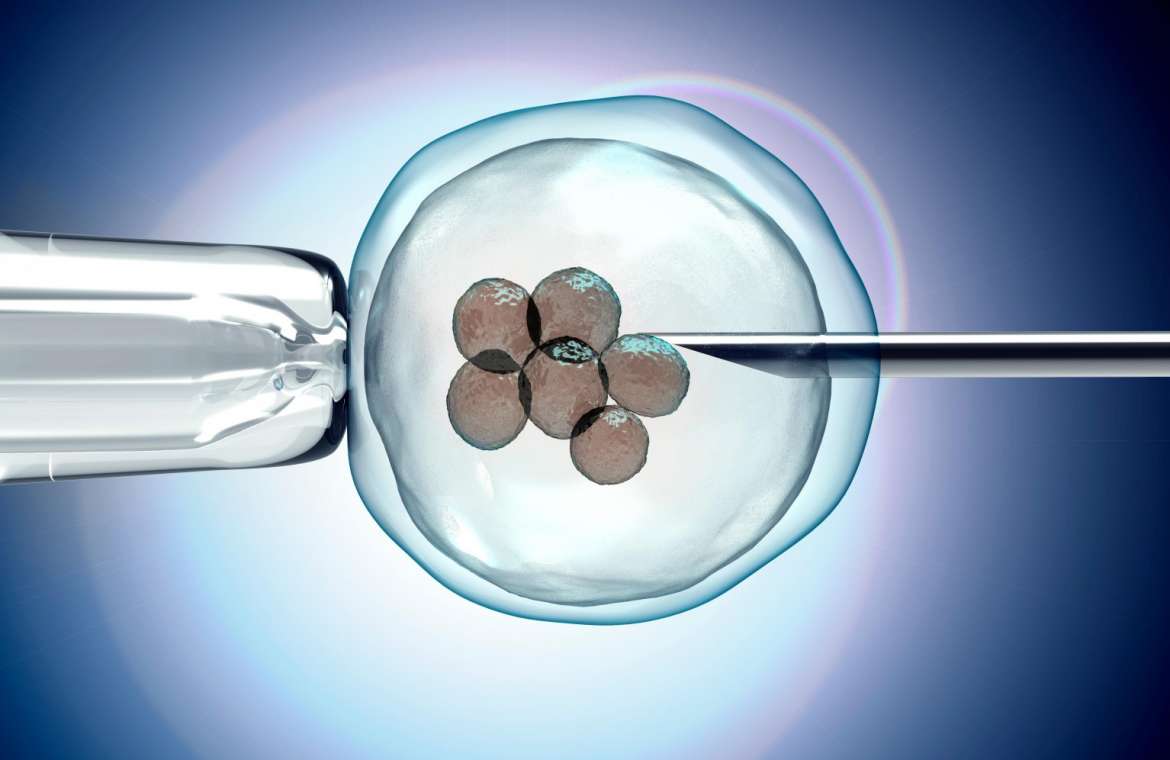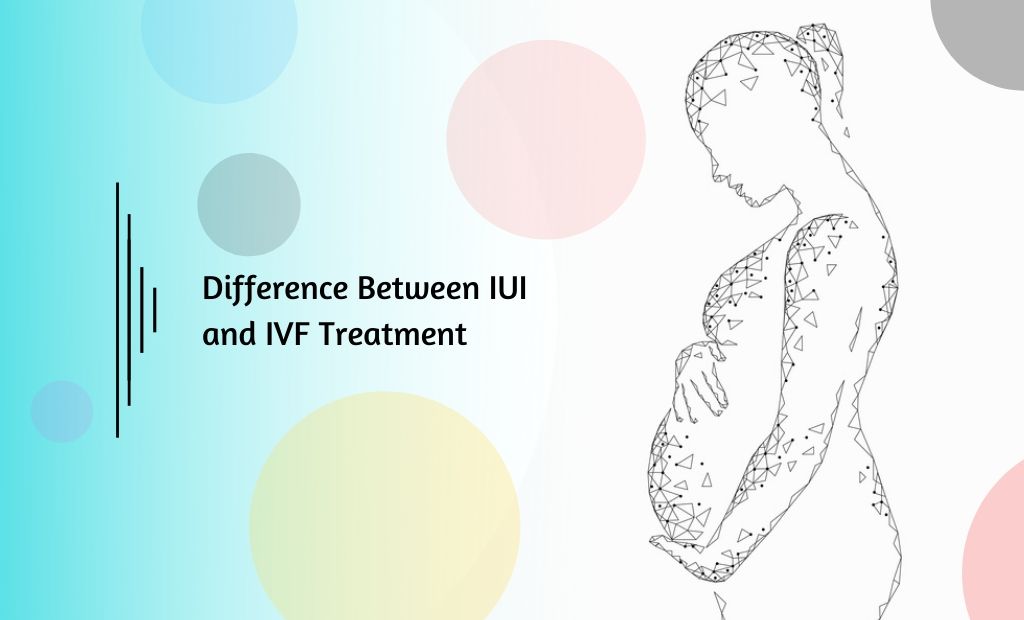What is the difference between IUI and IVF?
The IUI and IVF are two of the foremost used methods to assist increase the probabilities of a few becoming pregnant. The difference between IUI and IVF can help couples decide which option is best for them. The IUI also referred to as intrauterine insemination, maybe a procedure during which sperm are inserted directly into the uterus. The procedure is timed with ovulation and may be done once ovulation is detected. Since the procedure deposits higher concentrations of sperm near where the egg is waiting, it helps increase the probabilities of getting pregnant.
The IVF process may be a bit more complex. It involves stimulating the ovaries to supply multiple ovules directly, then extracting the ovules from the ovary. Once the ovules are removed, fertilization occurs during a laboratory then the fertilized ovules are replaced within the uterus.

The risk of getting several babies increases with IUI because the fertility medication wont to increase ovulation can make more eggs ready for fertilization. Clinics will control the follicles to undertake to stop that from happening, but they can’t completely eliminate the danger. With IVF, many clinics will only transfer one embryo per cycle to avoid the danger of multiple. there’s also a time difference between these two procedures. IUI may be a much shorter process, so if it’s successful, it is often a faster thanks to having a toddler. Since there’s a niche in success rates, many older women can first test IVF, before having some failed cycles with IUI, to save lots of time.

Is IUI better than IVF?
In terms of success rates, IVF is best, but the IUI is often a way cheaper option for couples. Determining which one is best will depend upon some various factors that apply to every couple.
Why try IUI first?
It may add up for couples to check IUI first if the lady has an unlocked Fallopian tube, can properly ovulate with medication, features a good amount of healthy eggs, and features a normal cavity. This treatment could also be effective for those that have cervical problems, mild ovulation problems or are using donor sperm thanks to a male infertility factor.
The process also can work for same-sex couples. Women can use donor sperm and male couples can use their own sperm with a substitute.
Why go on to IVF?
Sometimes, it is sensible to travel on to IVF treatment. Going on to IVF is sensible if the lady is over 38 years old, has blocked the fallopian tubes, features a reduced ovarian reserve or wants to use donor eggs. IVF also is sensible if you would like a genetic test.
Same-sex couples also can cash in of IVF to extend the probabilities of getting pregnant.
Follow Us

Add Your Comment